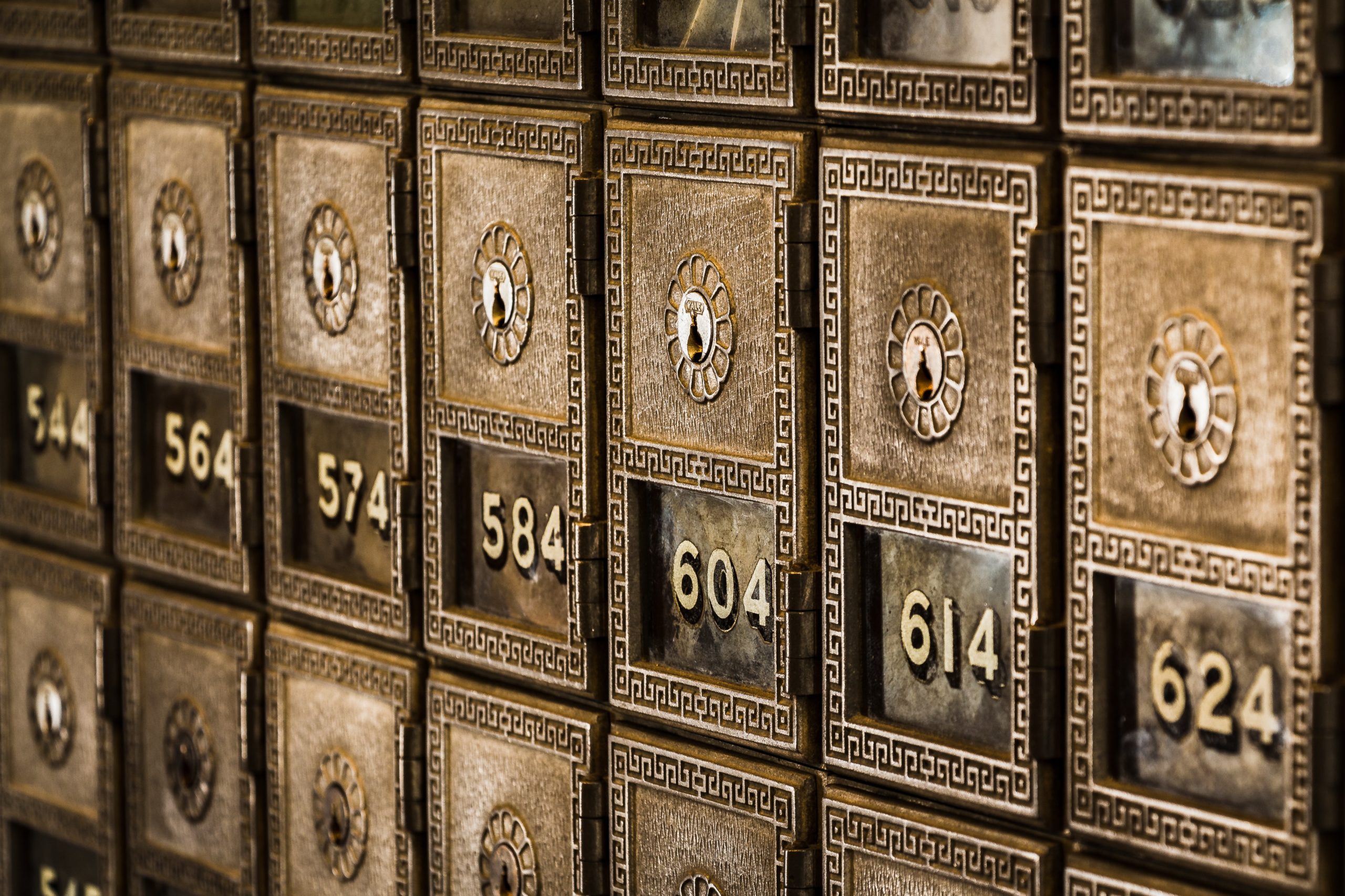A will is a document that takes effect after you pass away. Your will appoints someone or multiple people to be your “executor” and will provide them with the direction and powers necessary to distribute your estate in accordance with your wishes. If you die without making a will, someone will have to apply to the court to obtain the powers necessary to handle your affairs and your estate will be distributed in accordance with the standard “intestacy” rules set out in the Wills, Estates and Succession Act.
In order for your executor to carry out your wishes they will need to prove that they are in fact authorized to handle your assets. Generally, institutions such as banks, ICBC and the Land Title and Survey Authority will require proof by way of a grant of probate (a fancy piece of paper stamped by the court). The quickest and easiest way for your executor to obtain a grant of probate is by providing the court with your originally signed will along with various other standard form documents. Accordingly, it is prudent to ensure that your executor knows where/how to obtain your original will when the time comes.
Letting your executor know that your will is “at home” may not be as helpful as you would think. Here are a few other things to think about:
- Practically speaking, your executor will also need access to your home and know where exactly to look (Ex. a specific box, filing cabinet, safe, etc.) and have the keys and/or passcodes to access the document. If you are going to keep your original will at home, your executor should be provided with specific details on the location and how to access the document and updated if you move your will to a new location.
- Is the document protected from theft, fire and/or floods?
- If you have moved since your will was prepared, have you filed an updated Wills Notice with Vital Statistics Agency of BC?
Most of our clients choose to keep their originally signed wills at our office. We file a Wills Notice with Vital Statistics Agency of BC showing our office address as the location of the will. All originally signed estate planning documents are kept in a safe which exceeds the requirements set out by the Law Society of BC with respect to fire and flood resistance. We do not charge for storing original estate planning documents at our office. Of course, clients are welcome to request their originally signed estate planning documents at any time.
What happens if your executor cannot find your originally signed will? The best case scenario is that your executor can provide a copy of your signed will (if you are comfortable doing so, providing your executor with a copy of your signed will can be a great back-up plan). In this case, your executor can apply to the court to have the will “cured” (ie. treated as a validly executed will). The worst case scenario is that your executor has no proof of your will, in which case they would apply to the court to become your “administrator” and distribute your estate in accordance with the standard “intestacy” rules found in the Wills, Estates and Succession Act.
If you have any questions about where to keep your originally signed will or any other estate planning or estate administration matters, please do not hesitate to reach out to our office at (778) 940-3768.
Author: Danielle (Dani) Brito
This information is general in nature only. You should consult a lawyer before acting on any of this information. This information should not be considered as legal advice. To learn more about your legal needs, please contact our office at (778) 940-3768 or any of our lawyers practicing in the area of estate planning and estate administration at the following:
Jennette Vopicka: jennette@acornlaw.ca Danielle (Dani) Brito: dani@acornlaw.ca



